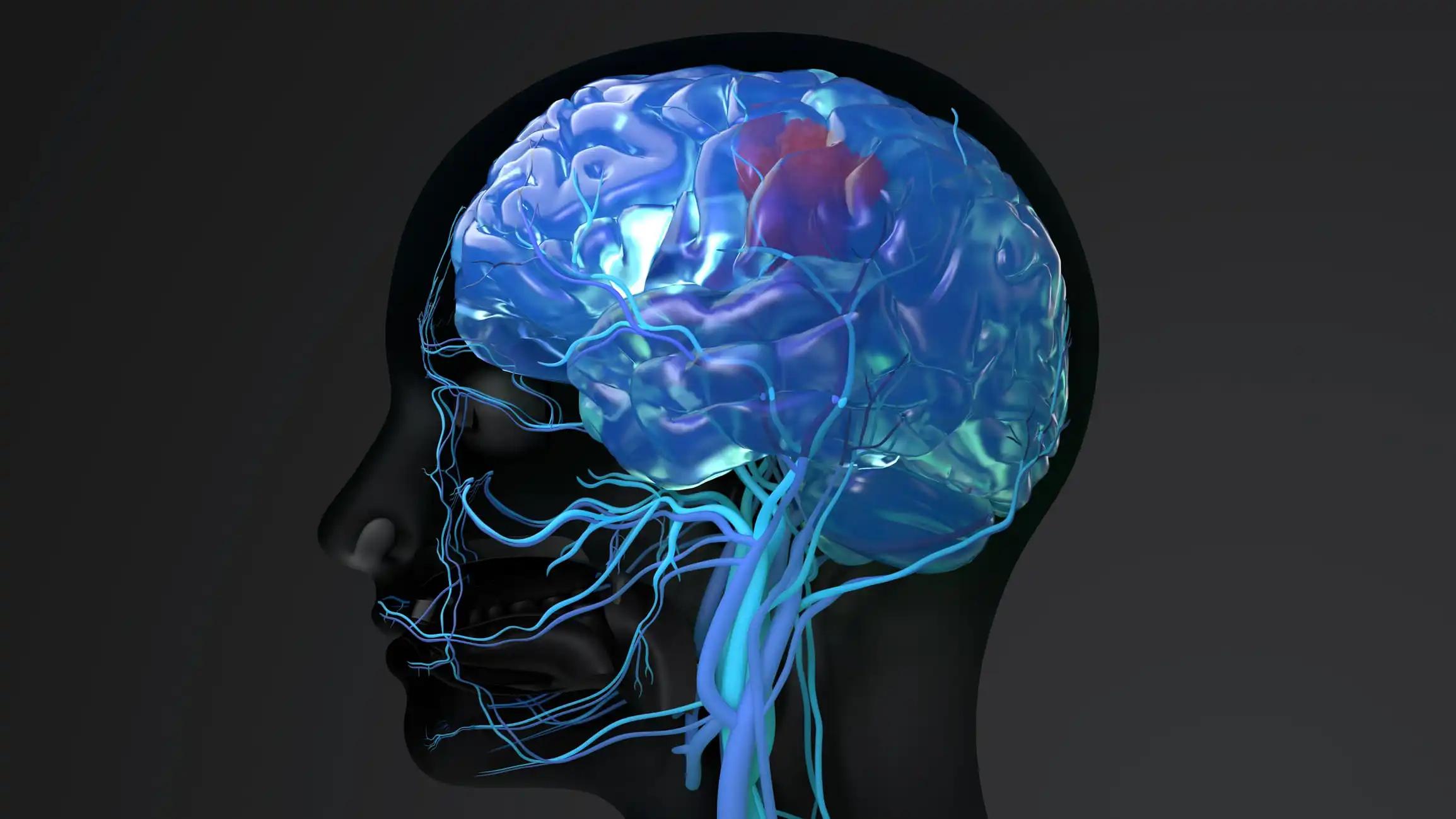KEY TAKEAWAYS
- The study aimed to assess the demographics, clinical and genomic characteristics, and testing and treatment patterns of pts with NTRK+ solid tumors.
- The real-world NTRK testing shows varied timelines and TRKi durations.
Neurotrophic tyrosine receptor kinase (NTRK) gene fusions are rare oncogenic drivers mostly prevalent in 0.3% of solid tumors. These are the most frequently found in a few subtypes of head and neck cancers (HNC) (4.2%), and soft-tissue sarcoma (1.5%).
As recently reported, there are 2 administration-approved targeted therapies for NTRK gene fusions larotrectinib, and entrectinib approved by US Food and Drug Administration in 2018 and 2019 respectively. As of the current scenario, the real-world uptake of tyrosine receptor kinase inhibitor (TRKi) use for NTRK+ solid tumors in academic cancer centers remains largely unknown.
Connor Willis and the team aimed to describe the demographics, clinical and genomic characteristics, and testing and treatment patterns of patients (pts) with NTRK+ solid tumors treated at US academic cancer centers.
Researchers conducted a retrospective study in the academic cancer centers in the United States. All pts diagnosed with an NTRK fusion+ (NTRK1, NTRK2, NTRK3) solid tumor (any stage) and who received cancer treatment at participating sites between January 1, 2012, and July 1, 2023, were included in this study.
Patient demographics, clinical characteristics, genomic characteristics, NTRK testing data, and treatment At the time of NTRK testing, 64% of pts presented with stage IV disease, compared to 33% at initial cancer diagnosis. Prevalent types within the cohort included HNC (15%), thyroid cancer (15%), brain cancer (13%), lung cancer (13%), and colorectal cancer (11%). NTRK1 fusions were the most common (45%), followed by NTRK3 (40%) and NTRK2 (15%).
Patterns were collected from electronic medical records and analyzed using descriptive statistics as appropriate.
Data from 6 cancer centers which involved 55 pts with NTRK+ tumors. The mean age of the cohort was 49.3 years (SD = 20.5), with 51% of pts being female, and a predominant majority identified as white (78%). The median duration from cancer diagnosis to NTRK testing was 85 days (IQR = 44-978).
The study concluded by reporting varied timelines from NTRK testing to TRKi therapy initiation and diverse TRKi therapy durations in solid tumors.
The trial was sponsored by Bayer Pharmaceuticals.
Source: https://pubmed.ncbi.nlm.nih.gov/38950155/
Willis C, Au T, Hejazi A, et al. (2024). “Clinical characteristics and treatment patterns of patients with NTRK fusion-positive solid tumors: A multisite cohort study at US academic cancer centers.” J Manag Care Spec Pharm. 2024 Jul;30(7):672-683. doi: 10.18553/jmcp.2024.30.7.672. PMID: 38950155.



